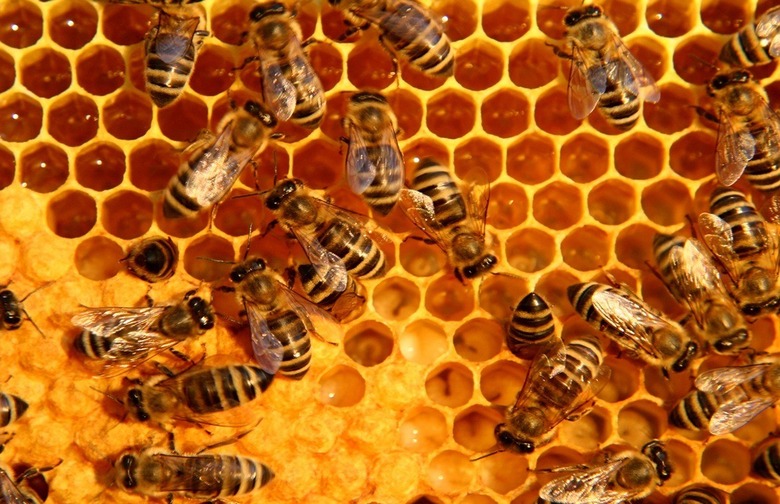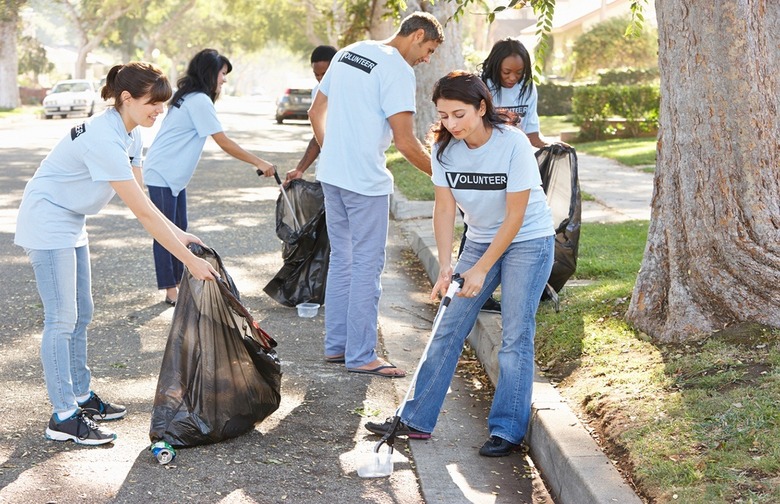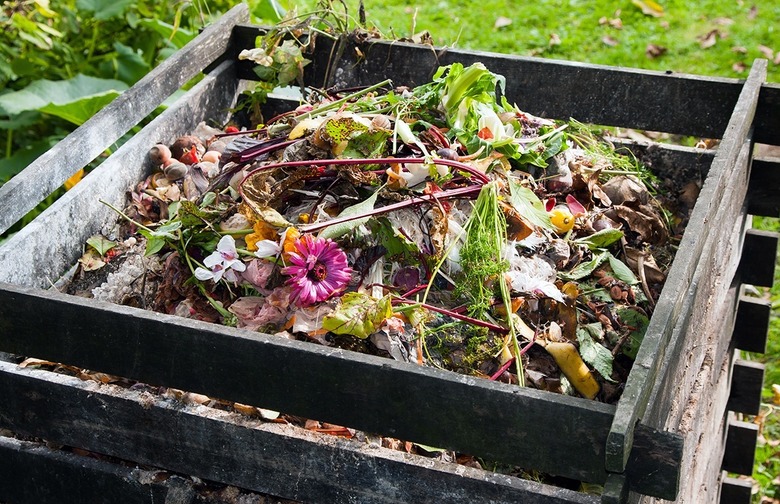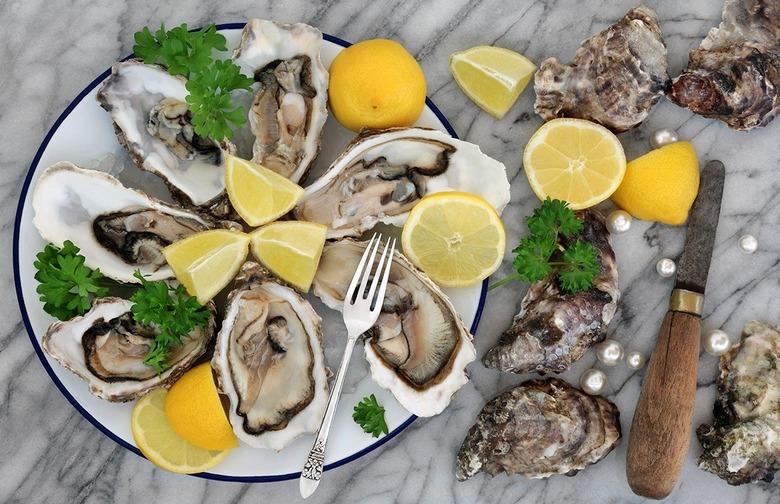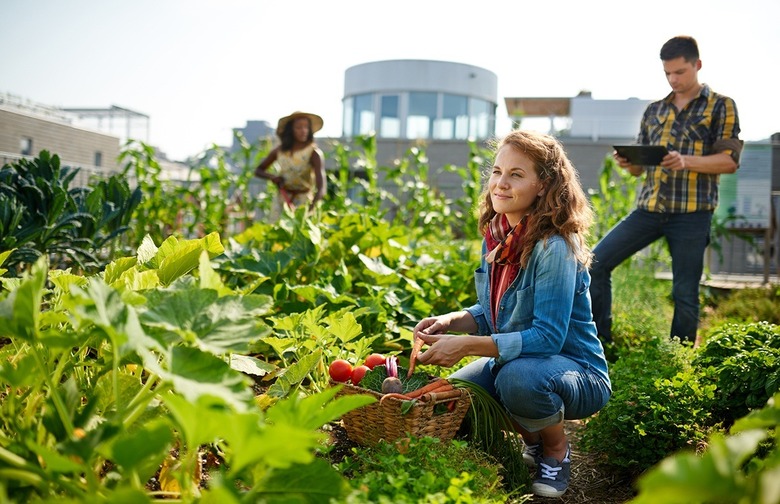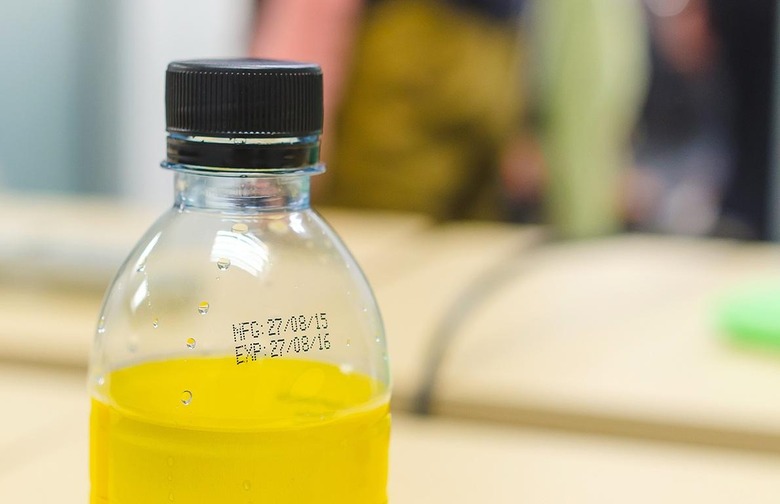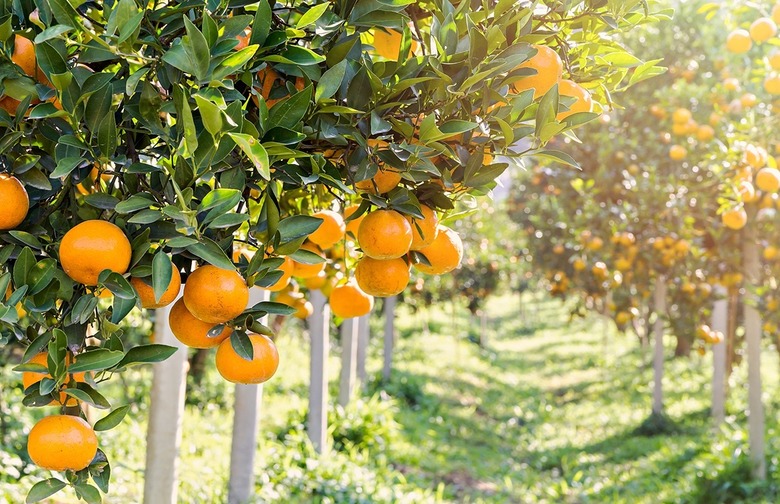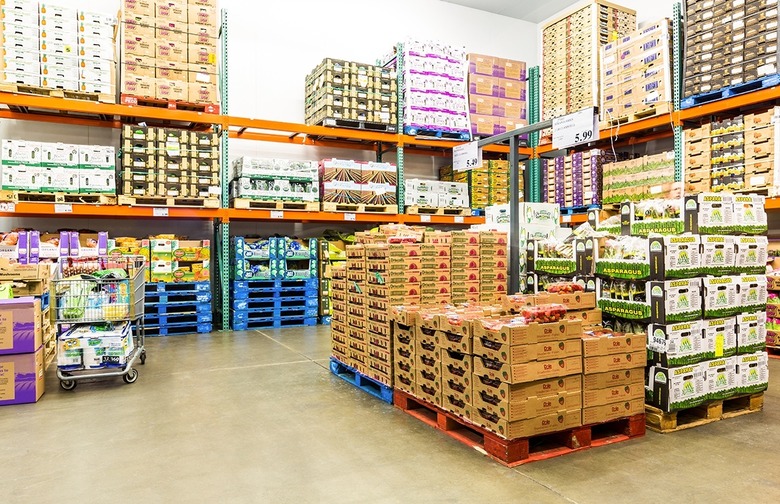These 15 Earth Day Actions And Activities Really Will Make A Difference Slideshow
Americans use around 50 billion plastic bottles each year, but fail to recycle 75 percent of them (despite the label telling us to do so). That means around 38 billion plastic bottles, or $1 billion worth of plastic, end up in landfills each year. Bottled water is not any healthier than what comes out of most taps; PepsiCo and Coca-Cola, two of the world's major bottled-water producers, use purified municipal water for their signature bottled water brands Aquafina and Dasani. Adopt a reusable water bottle and do your part to curb the wastefulness of plastic bottles.
“Bee” Conscious
In 2017, the U.S. Fish and Wildlife Service designated the rusty patched bumblebee as an endangered species. This is the first time a bumblebee has been deemed an endangered species, which solidifies fears that the bumblebee population is being rapidly destroyed. Bees are an integral component to the global food supply, with sweet potatoes, almond, and other crops failing to exist without them. Actions that every individual can take include planting bee-friendly flowers and herbs in your garden, avoiding the use of chemicals and pesticides on your lawn, and buying local, raw honey.
Buy Rainforest Alliance Certified Products
The Earth's rainforests are important ecological wonders that support thousands of different species of animals, insects, and plants, but recent and rampant deforestation has put these sacred spaces at risk. The Rainforest Alliance is a non-governmental organization committed to conserving biodiversity by certifying specific brands and businesses that uphold their tough criteria, which focus on conserving ecosystems, protecting biodiversity and waterways, and reducing agrochemical use.
Clean Up the Litter in Your Neighborhood
Although picking up half-empty beer cans, cigarette cartons, and fast-food wrappers may not seem like a powerful solution to the overwhelming problem of environmental conservation, it sets an important precedent in your own sphere of influence. When people see litter strewn on the side of the road or sidewalk it connotes acceptance and indifference, but a pristinely kept neighborhood is much more difficult to disfigure.
Create a Compost Pile
Organic waste — like food scraps, peels, and coffee grinds — is shockingly heavy, and adds a lot of weight to already over-burdened landfills. Composting naturally eliminates waste, provides your lawn or garden with rich fertilizer, and saves you money if you have to pay per bag to dispose of trash. If composting isn't an option, here are 24 ways to turn yesterday's food scraps into tomorrow's dinner.
Cut Down on the Beef
Many people eliminate beef from their diets for reasons of health and ethics, but research shows that cutting out hamburgers and steaks can help the environment. Raising cattle is resource intensive; some environmental groups estimate that it takes 1,800 gallons of water to produce one pound of beef. Feedlot cattle are the least efficient form of livestock in terms of feed conversion, requiring six pounds of food to produce one pound of beef. For comparison, chickens have a feed conversion rate of two to one and catfish are around one to one. Cutting out a few hamburgers can therefore save more water than 100 showers.
Eat Sustainable Seafood
More efficient fishing techniques and technology have decimated many marine populations through overfishing and an increase in bycatch (unintended fish and marine species caught during commercial fishing trips). The World Wildlife Foundation estimates that more than 85 percent of the world's fisheries have been pushed to or beyond their biological limits. Despite this discouraging outlook, there are plenty of varieties of seafood that are delicious and environmentally friendly: Farm-raised catfish, Arctic char, oysters, and wild Alaska salmon are all responsible choices.
Join an Environmental Group
With the new presidential administration determined to roll back environmental regulations, it's crucial that individuals get involved with nongovernmental organizations. The Environmental Defense Fund, the Natural Resource Defense Council, and the Sierra Club Foundation are powerful organizations all committed to a range of categories of conservation. Join or donate to one of these groups to help bring awareness to pressing environmental issues.
Learn the Meaning of “Expiration” Dates
How many times have you looked at a bottle of orange juice or a carton of eggs with dismay as you registered that the food was past its use-by date? There's a lot of confusion around the meanings of these dates, and this misunderstanding leads to serious food waste. Use-by, best-by, or sell-by dates reference product quality rather than safety, and they are established by the food manufacturers, not a public health agency. Don't be afraid to consume foods that are past these dates; if you're concerned, a quick look and smell is usually all you need to determine whether it's good to eat.
Make Your Home More Energy Efficient
There are a number of simple solutions that can make your home more energy efficient, such as lowering your thermostat, turning off unnecessary water, sealing all windows, replacing incandescent bulbs, and installing low-flow showerheads. Individually, these actions appear insignificant, but collectively they can noticeably impact in your energy use.
Plant Fruit Trees
Trees improve the air quality by producing oxygen and offset the burning of fossil fuels by storing carbon. Planted in the right locations, trees can provide shade, offset air conditioning costs, and even add to the value of a home. Planting fruit trees allows you and your family to enjoy fresh and seasonal fruit that can be shared with friends or turned into pies or preserves.
Replace Your Lightbulbs With LED Lights
Compared to a standard T8 fluorescent light tube, LED lights (or light-emitting diodes) reduce the consumption of energy by 50 percent, and are rated to last 50,000 hours. Only five percent of offices around the U.S. currently use LED lighting, but a complete conversion could save the country $250 billion per year in energy costs.
Shop at Thrift Stores
Shopping at a thrift store or yard sale is like going on treasure hunt; the clothes and furniture are fairly priced, and you can walk away with some real gems. Next time you need a new lamp, recliner, or suit jacket, check your local thrift store or Goodwill — you'll save money, preserve the environment, and walk away with a cool vintage coat.
Unplug Unused Electronics
We all get lazy sometimes and leave our phone and computer chargers plugged into the wall even when we're not using them, but this wasted energy does add up. Idle power (also called phantom load) is the accumulation of all that unused energy from our refrigerators, toasters, phone chargers, stereos, and computers, and accounts for as much as 10 percent of household energy use, according to Lawrence Berkeley National Laboratory. Do your best to remember to unplug electronics before you leave the house or go to sleep.
Utilize the Bulk Bins at the Supermarket
Buying a 16-ounce box of quinoa, couscous, or brown rice might run you anywhere between $3.99 and $5.99, but you're mostly paying for the packaging and branding. At your local supermarket or grocery store (which may or may not be one of the best in America), try using the bulk-bins to purchase your grains. They are usually half the price, and save some of that plastic and cardboard from going in the garbage.

